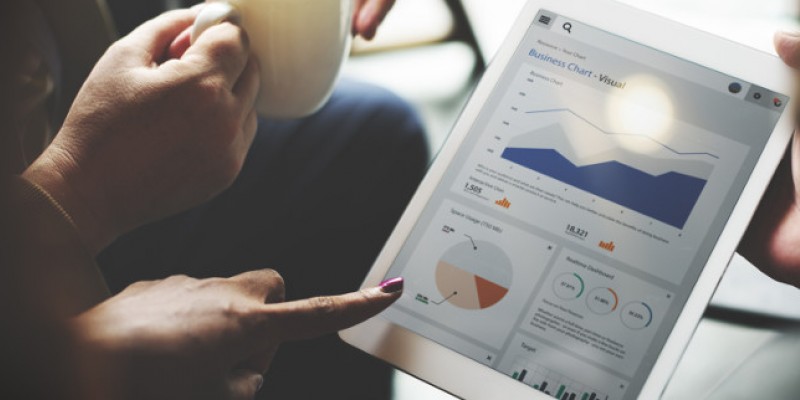
If you search on Google for the subject of how small independent businesses compete against the big boys, you will find that there are many, many results.
People talk a lot about business processes and channels to market (online, offline and so on), which are all really important. However, one of the areas that is not talked about is data and how small businesses can use it to really compete. The phrase ‘Big Data’ is bounded about a lot, but what does this actually mean for small businesses?
Understanding the basics
Data helps us to understand the performance of the business, and this is critical. It is vital to think about what performance data you should measure for your business right from the get-go, and measuring on an on-going basis will tell you exactly what is going on at any point in time. Not knowing your numbers is a noose around the proverbial neck.
When Napoleon Bonaparte said that ‘war is 90% information’ he was probably right, and competing in the any market is like a war of sorts. You might not have the best product, nor the best location or access to the best channel, but you can lean on information to give you an edge. The ability for retailers and hospitality businesses to understand their market, customer base, gross margin, staffing requirements, clearer and faster drives competitiveness and profitability, allowing them to stay in the game and even expand.
Understanding your customer
Being able to analyse much finer sales data is so important. Data can tell you who is spending what, when, how sales perform when you are running promos and which promos work best. You can then use this data to get closer to your customers and maintain an active and loyal customer base by only sending highly targeted offers.
Identifying spikes in sales and seasonal trends helps with planning, while intelligently using stock data will allow you to keep close control over ordering.
Understanding your people
Data will also help with staff management. It can tell you if you have enough staff on when you are busiest, or if you have too many staff in your quiet period. Look deeper and you can understand your sales vs. wage cost, or even which staff member is your best sales person.
Understanding your finances
Data can help you get paid on time. There is much written about businesses that fold due to large trade accounts that have not been settled usually by bigger businesses, but understanding the data can help you identify a potential problem before it hits. Quick, accurate visibility on data could even help a business to raise money, demonstrating to prospective investors and banks that you run a tight ship.
How to capture powerful data
Many business owners speak about wanting to use data but not being able to get hold of it. However, the advent of cloud-based technologies, cheaper computing and free to use apps has allowed business owners the ability to capture and access crucial data in a much more affordable manner than ever before. Many of the apps and software packages that let you harvest and analyse the data used to be unaffordable to small businesses, but not anymore.
For many independent offline businesses, Point of Sale (POS) used to mean non-intelligent cash registers that were nothing more than a big calculator that handled money. Cloud apps now mean that intelligence can be brought into this ‘offline’ world and allow the kind of clever data capture and reporting that rivals online commerce portals, and even connect the online and offline worlds together.
The adoption of said technology might have been slow to start, but it is getting more and more rapid. Now small businesses are deploying technology faster than ever so it is really important to know what might work for your business. Cloud-based accounting platforms, payment apps, marketing apps, POS apps, receipt apps, eContract apps, CRM (Customer Relationship Management) apps and automated credit control could all make your business a smart, agile and fiercely competitive machine at a cost of just a few pounds, so it really does pay to build you business around data.
About the author
Oliver Rowbory is co-founder of The Good Till Co. a cloud-based POS system that gives independent retailers, bars and cafes access to powerful data intelligence. For more information see www.thegoodtill.com
- Log in to post comments
